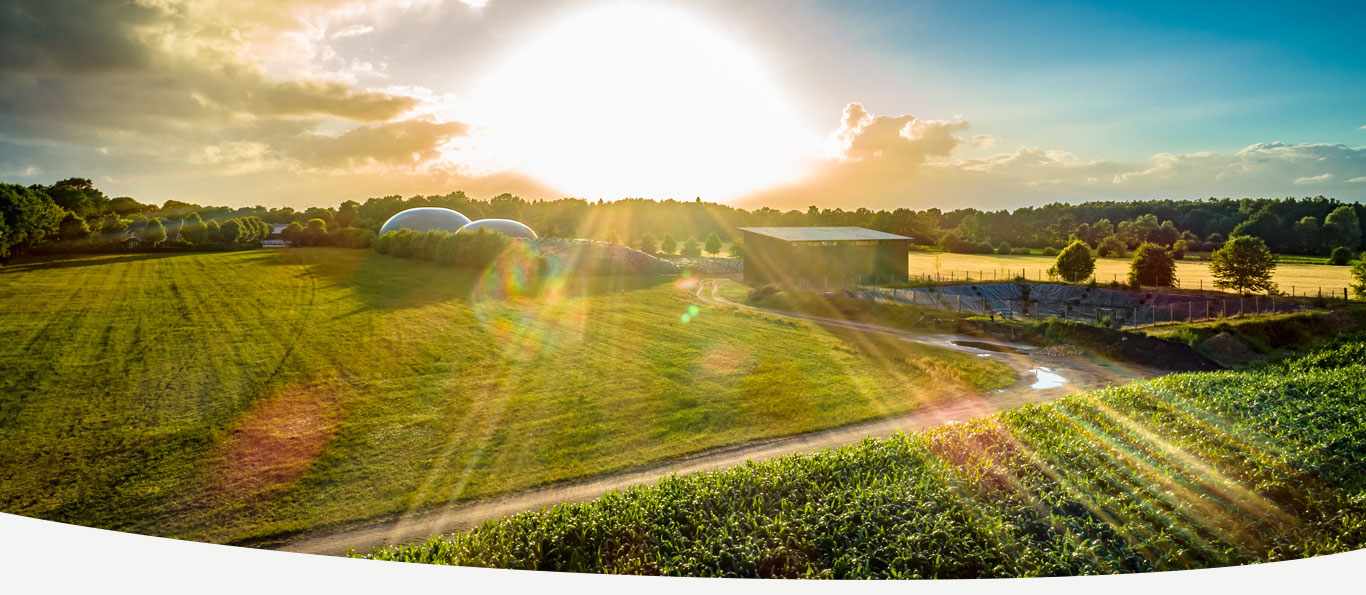
Green Deal

The European Green Deal is a response to climate change and environmental degradation – phenomena that pose a threat not only to Europe but also to the whole world. This strategy aims to transform the European Union into an even more modern, competitive and resource-efficient economy.
The main objectives of the Green Deal are[1]:
- achieving zero net greenhouse gas emissions in 2050;
- preserving Europe's rich biodiversity with a reduction in pollution levels;
- introducing an advanced closed-loop economy – decoupling economic growth from resource use.
More than half of greenhouse gas emissions and 90% of biodiversity loss and water scarcity are related to the use of resources – that is why the new strategy permanently places environmental protection and sustainable development at the heart of the European Union’s economy. As a result, consumers buying European products can be confident that the goods purchased have been produced in line with the highest ethical and environmental standards. Buying products from the European Union will often be a much better solution for our globe than buying from a local producer.
In particular, it depends on the food sector, which can play a key role in reducing the extraction and use of environmental resources while increasing sustainability of food distribution and consumption.[2] This means not only reasonable agricultural production, but also closed-loop water management, processing that minimises energy consumption and efficient transport. Importantly, the carbon footprint of European transport is to be reduced by 90%, resulting in even more environmentally-friendly international trade. Processing plants, including meat processing plants, will be even more environmentally friendly.
The meat sector will also significantly reduce water consumption, in particular by optimising the liquid used in technological processes. The European Union will take action to implement effective solutions for recovering the water used in production to reduce the extraction of water from external sources.
The European Green Deal is an enormous and complex strategy, affecting every part of the Union’s economy. From the perspective of the meat sector, the most important areas are climate neutrality along with biodiversity, the from farm to fork strategy and reduction of resource and antibiotic use in animal production. As European producers adapt to these guidelines, other countries and regions will benefit from best practices and experience. Positive ideas for looking after our planet should be a priority for us all. Following the trends set by the European Union and choosing European products contributes to our common good.